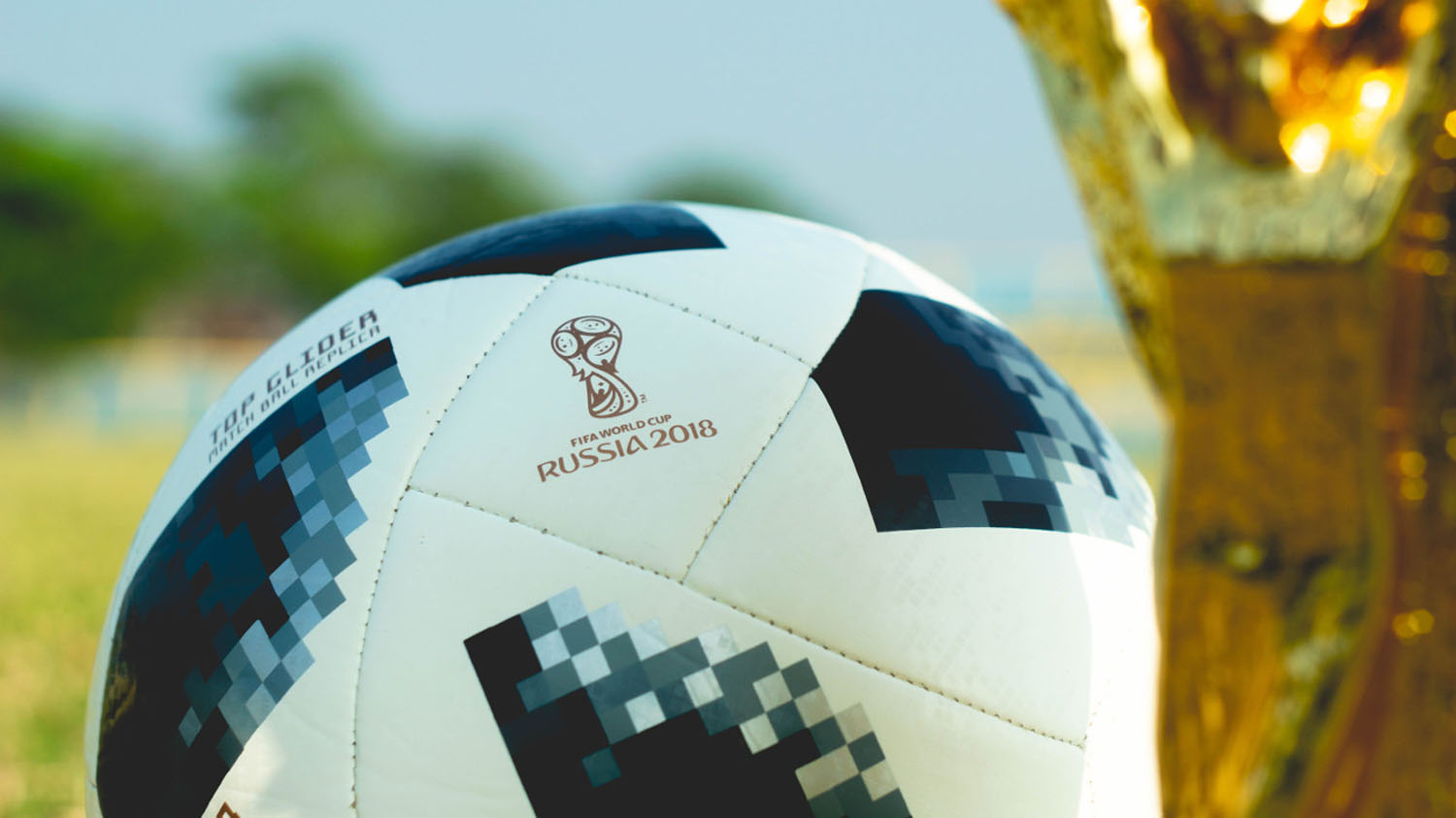It’s World Cup time! Even if you don’t like football (or soccer!), it’s an event that captivates such a huge part of the population that it’s almost inescapable. With this whirlwhind that will rage until one team emerges victorious from the fray, the press coverage of the whole thing also goes into overdrive. Such an international event also needs a good dose of international communication, and the press has to adhere to good standards when translating their coverage to the languages across the globe.
Throughout the years, there have been a few idioms in sport that have managed to rack up a bit of a bad reputation, and are slowly being dropped by reputable media in favor of less aggressive terms. If you need some translations for your outlet, make sure to keep an eye out for these little buggers below!
Gimpy
There’s always a situation when a player on the field gets hurt. If he’s on your team, it spells disaster and deserves the utmost respect, but if he’s on the opposing one, there’s no reason to use this thinly veiled mockery with the poor player. It’s surprising how much this one has stuck around and is used nowadays, but it definitely needs to go. There’s no room for being “gimped” or “gimpy” in any way, shape, or form.
In need of a rebuild
As true as it might be in some cases, this one is mainly used to say how bad a team can be without using those words. While the expression itself is hardly offensive, it has been used in a negative context for so long that it’s increasingly frowned upon. There are plenty of ways to express how a team can have a bad day, but using this blanket statement can easily spark offense amongst its followers. Want to stay as neutral as possible? Ditch it.
Physical
This one is fairly straightforward: It means a player is violent. Granted, there are plenty of fouls in every game. It’s something that unfortunately goes with the sport. But there’s a difference between a player with an acceptable track record in that department, and a player that’s outright ballistic and goes into the match with the aim of taking down the opposing team using a plethora of dirty deeds. Although this one can still be used (sadly, this type of player is still around), it should be done appropriately and not on somebody that had the bad fortune of being on the wrong end of a foul, whatever that end may be.

Scrappy
Funnily enough, one of the best players of the world (Messi) is often categorized as “scrappy”. But gone are the days when one could take a jab at a player’s height, and fortunately, we live in a world where one’s talent can be judged by their results alone. If a player is of below average height and that somehow influences their performance, there’s no problem going ahead and saying so. However, dropping these words to mark the occasion is quickly becoming a thing of the past.
Hard worker
There’s a common misconception that good players are blessed with talent and the ability to transform the match with a display of effortless skill. And then there are other players that can be categorized as “hard workers”, because in essence they are overcompensating for their lack of talent. Even the best of the best have to work, live, and breathe the sport 24/7 to get where they are, and this is a term that is regularly used to belittle younger or less spectacular players. In elite sport, everyone is a hard worker. Avoid at all costs.
Divisive
Don’t be fooled by this one. When someone calls a player “divisive”, it means that everybody hates them. Any coverage worth its salt that wants to remain impartial and preserve good sportsmanship won’t be using this one. First, because it claims to speak for everyone, and second, because the meaning has been distorted since time immemorial. Don’t be divisive: Get rid of it.
Football IQ
Saying that a great player is intelligent and capable of reading the game is always good praise, and having a good “football IQ” seems like another way of saying the same thing. Wrong. The term is often used sarcastically to remark on how a player can be highly skilled on the field, but is incapable of engaging in the outside world in an intelligent manner. True or not, that’s hardly relevant at a sporting event, so this disrespectful little quip gets a red card from us.
Leave your comment!
More...
Multilingual Marketing: Taking Your Brand on a World Tour
Kobalt
Content without borders
From Local to Global: How Translation Helps Businesses Expand Across Borders
Kobalt
Content without borders
The challenges of linguistic and cultural nuances in global marketing campaigns
Kobalt
Content without borders